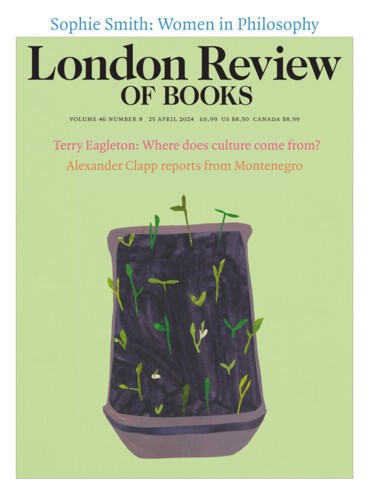Where does culture come from?
Terry Eagleton
In Jude the Obscure, Jude Fawley finds himself living in Beersheba, the area of Oxford we know as Jericho, home at the time to a community of craftsmen and artisans who maintained the fabric of the university. It doesn’t take Jude long to realise that he and his fellow craftsmen are, so to speak, the material base without which the intellectual superstructure of the colleges...


